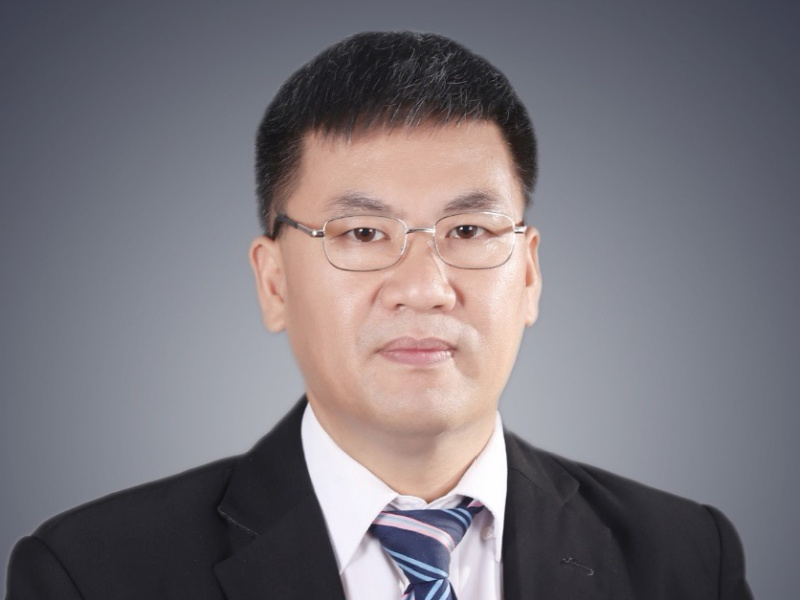Prof Songwei Sheng
Director, Ocean Energy Research Laboratory, Guangzhou Institute of Energy Conversion
Chinese Academy of Sciences
Songwei Sheng, Ph.D., researcher, doctorial tutor, is the director of Ocean Energy Research Laboratory, Guangzhou Institute of Energy Conversion, Chinese Academy of Sciences. He is the member of Chinese Society of Oceanography, the Vice Chairman of the Marine Resources Branch of China Society of Natural Resources and the director of China Renewable Energy Society.
He has been engaged in the research of ocean wave energy development and utilization technology since 2002. He has managed a number of national science and technology projects, and successfully developed the Sharp Eagle wave power generation technology, which has obtained invention patents in China, the United States, UK and Australia, and has been certified by Bureau Veritas. He leaded to build the 10kW 、100kW 、500kW Sharp Eagle wave energy converters,, and large semi-submersible wave energy farming & leisure platform “Penghu”.
He won the Science and Technology Promotion Development Award of Chinese Academy of Sciences in 2022 (the first finisher), the first prize of technical invention of Guangdong Province in 2019 (the first finisher).
Songwei Sheng, Ph.D., researcher, doctorial tutor, is the director of Ocean Energy Research Laboratory, Guangzhou Institute of Energy Conversion, Chinese Academy of Sciences. He is the member of Chinese Society of Oceanography, the Vice Chairman of the Marine Resources Branch of China Society of Natural Resources and the director of China Renewable Energy Society.
He has been engaged in the research of ocean wave energy development and utilization technology since 2002. He has managed a number of national science and technology projects, and successfully developed the Sharp Eagle wave power generation technology, which has obtained invention patents in China, the United States, UK and Australia, and has been certified by Bureau Veritas. He leaded to build the 10kW 、100kW 、500kW Sharp Eagle wave energy converters,, and large semi-submersible wave energy farming & leisure platform “Penghu”.
He won the Science and Technology Promotion Development Award of Chinese Academy of Sciences in 2022 (the first finisher), the first prize of technical invention of Guangdong Province in 2019 (the first finisher).
HOSTED BY

SUPPORTED BY




